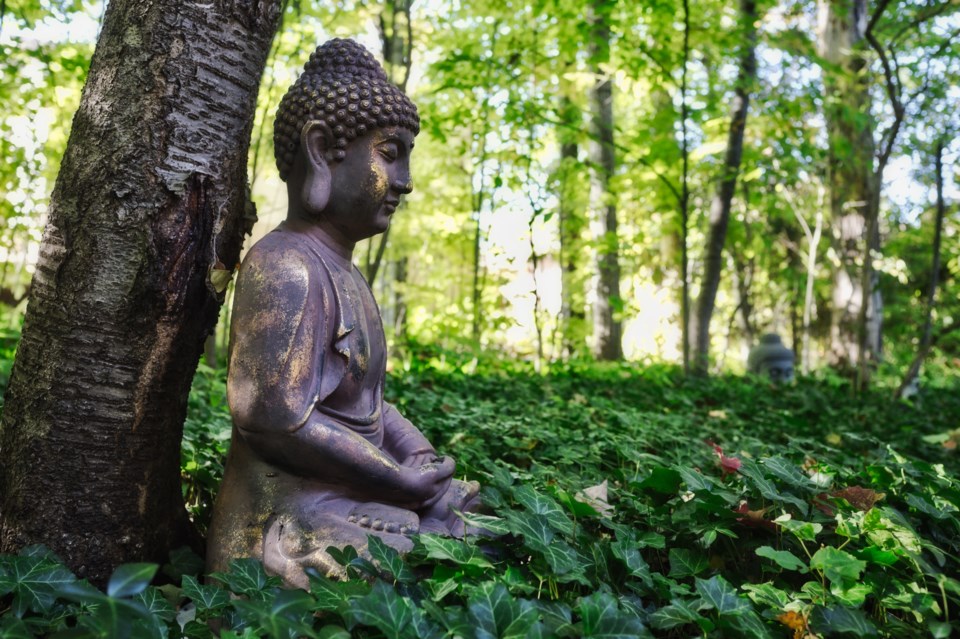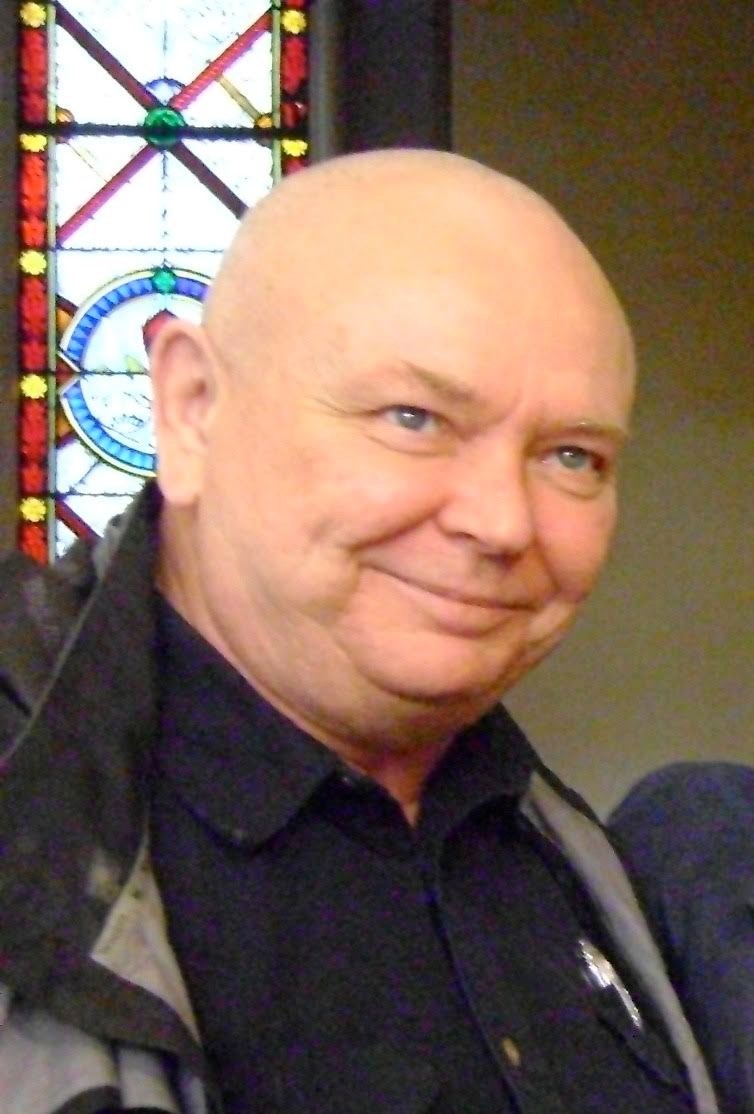 Suzuki-roshi, the founder of San Francisco Zen Centre, once called Zen practice a bridge between the ideals of Zen and the reality of life. When we consider the details, the actual elements of Zen practice we examine things like ethics, friendship, a trustworthy teacher, and meditation. As I often opine, Zen practice per se is not for everyone although meditation practice surely is. Even so there is much good overlap between those two. Zen ethics goes directly to right behaviour, a basic Buddhist objective for an appropriate life. It is fine to recognize and understand morality but ethics is about what one actually does in thought, word and deed.
Suzuki-roshi, the founder of San Francisco Zen Centre, once called Zen practice a bridge between the ideals of Zen and the reality of life. When we consider the details, the actual elements of Zen practice we examine things like ethics, friendship, a trustworthy teacher, and meditation. As I often opine, Zen practice per se is not for everyone although meditation practice surely is. Even so there is much good overlap between those two. Zen ethics goes directly to right behaviour, a basic Buddhist objective for an appropriate life. It is fine to recognize and understand morality but ethics is about what one actually does in thought, word and deed.
Trustworthiness is treacherous terrain in the western Buddhisms. There have been many high profile exposures of much revered Masters and teachers' abuses of students and vow betrayals. The teacher/student relationship can become very close, even to the point of sometimes resembling a marriage or a therapy. There are those who seek and value such a relationship, but the relationship does not��need��to be that intimate and marked by vulnerability. For most people it ought not and is not like that. Trustworthiness means to be simply Precept-centric; that is to say, greed and violence averse and not heedless about sex, speech or intoxicants. Understanding and accepting the 5 core Precepts or principles of Zen practice is the truest, most scrupulous guide to establishing or confirming trustworthiness.��
Friendship, especially the Buddhist idea of spiritual friendships includes but goes beyond the teacher/student paradigm. Buddhist lore predicts a future Buddha named Maitreya, the Spiritual Friend Buddha. Friendliness replaces wisdom in the future Buddhism of Maitreya. The qualities of kindness and receptivity take on an added, harbinger-like value. There is frequently a balance to be struck between kindness and rightness in our ethics; Buddhism urges us to skew the balance more toward kindness, so that being kind becomes more important than being right.��
A Zen practice might also include explicitly monastic ideals such as renunciation, also known as 'letting go', referring to the effort in meditation to progressively let go of all internal impulses, feelings and perceptions, letting there be zero opinions and zero judgements. This is the effort to reach for zero-ness, the embodiment of the core Zen concept of sunyatā��(Skt:��usually rendered 'emptiness' or 'zeroness'), only imaginable within meditation.
The initial actualizing effort of Buddhist Middle Way practice involves avoiding belief in either existence or��non-existence, and also non-attachment to either sensuality or austerity.��The original template is a way of marshalling intention to avoid falling into extremes in general, and the meaning of 'extremes' comprises the defining elements of anything that can be expressed dualistically. With this the fundamentals of MW practice are applicable and useful in everyday life. Anyone seeking to reduce suffering in their life can actualize a MW if they recognize and valorize the basic Buddhist doxology of kindness over rightness.��
The Zen master Dogen, in his ]famous essay��Genjo Koan, points out that whether enlightened or not there is still birth/death, body/mind, objects/reflections, illuminated/dark, Buddhas/ordinary people, delusion/realization as well as abundance/lack. This pretty much covers the gamut of life, religious or secular. He also points out that these dualistic paradigms do not actually exist but that they never-the-less “are”. The truth about suffering is also like this. Zero is a pivotal mathematical entity yet is not really a thing. This is analogous to how sunyatā��works in everyday life. No longer seeing inherent selfhood allows us to “leap clear” of dualistic problems and harm.
 Wayne Codling��is a former Zen monastic and a lineage holder in the Soto Zen tradition. He teaches Zen style meditation in various venues around Victoria.��Wayne’s talks and some writings can be found on his blog��
Wayne Codling��is a former Zen monastic and a lineage holder in the Soto Zen tradition. He teaches Zen style meditation in various venues around Victoria.��Wayne’s talks and some writings can be found on his blog��
You can read more articles on our interfaith blog, Spiritually Speaking,
* This article was published in the print edition of the Times Colonisr on Saturday. February 1st 2020
Photo by�����Dz���
��


